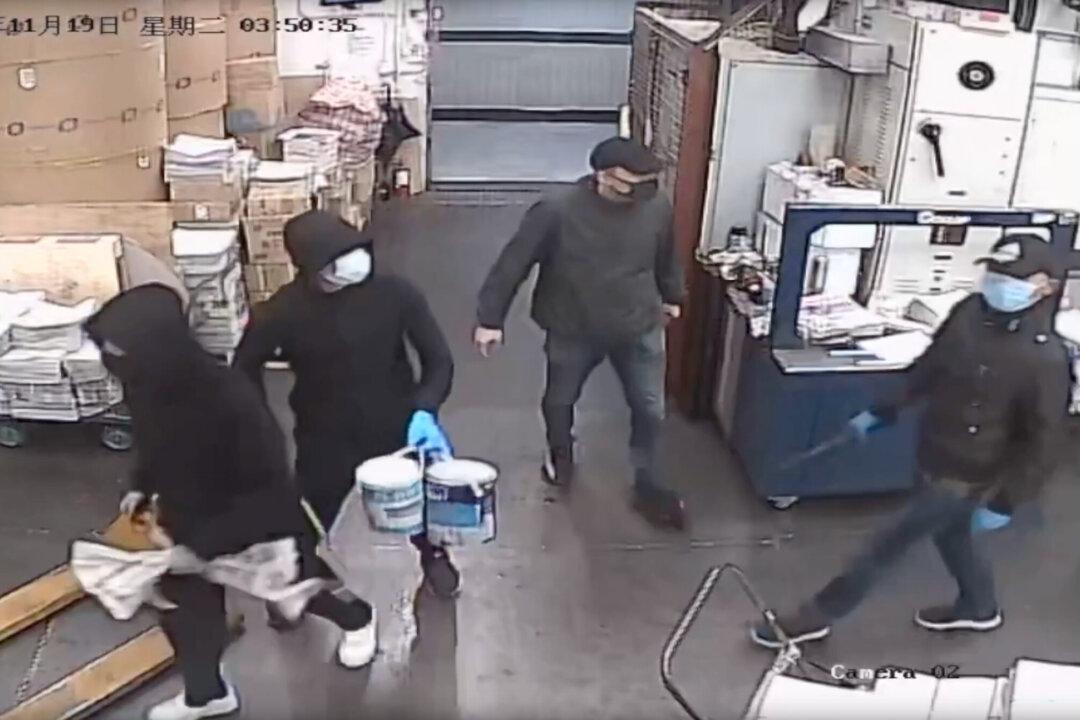U.S. senators on Nov. 19 condemned an arson attack on the Hong Kong Epoch Times’ printing shop, saying it was part of a “disturbing trend” and the latest evidence that the Chinese regime won’t uphold its promise to allow autonomy in the territory.
The lawmakers made the comments shortly after the Senate unanimously passed the Hong Kong Human Rights and Democracy Act, which they said would be a strong message to Beijing that suppression and violence aren’t the answer to the people of Hong Kong. Protesters have taken to the streets since June to oppose what they see as Beijing’s steady erosion of the city’s basic freedoms.





